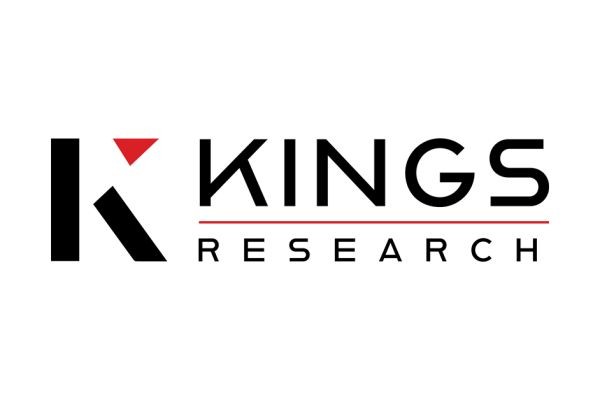A new market analysis indicates exponential growth in the global fuel cell vehicle (FCV) market, projecting an expansion from USD 1,251.2 million in 2023 to USD 21,938.8 million by 2031, exhibiting a remarkable CAGR of 43.07% during the forecast period of 2024-2031. The market value is estimated to be USD 1,788.4 million in 2024. This dramatic growth is primarily fueled by the increasing global focus on zero-emission transportation, supportive government policies, and advancements in fuel cell technology and hydrogen infrastructure.
Read Complete Report Details: https://www.kingsresearch.com/fuel-cell-vehicle-market-1916
The comprehensive report analyzes the global fuel cell vehicle market, segmenting it by range (0-250 miles, 251-500 miles, above 500 miles), by vehicle (passenger cars, light commercial vehicle, heavy commercial vehicle), and regional landscape. This detailed segmentation provides valuable insights into the market's dynamics and emerging trends.
Key drivers fueling the market's expansion include:
-
Growing Emphasis on Zero-Emission Transportation: Increasing environmental concerns and stringent emission regulations are driving the adoption of FCVs as a clean alternative to traditional internal combustion engine vehicles.
-
Supportive Government Policies and Incentives: Governments worldwide are implementing policies, subsidies, and tax incentives to encourage the development and adoption of fuel cell technology and FCVs.
-
Advancements in Fuel Cell Technology: Ongoing research and development are leading to improvements in fuel cell efficiency, durability, and cost-effectiveness.
-
Development of Hydrogen Infrastructure: Increasing investments in hydrogen production, storage, and refueling infrastructure are addressing a key barrier to FCV adoption.
-
Longer Driving Range and Faster Refueling Times: FCVs offer comparable or even longer driving ranges and significantly faster refueling times compared to battery electric vehicles, addressing range anxiety concerns.
The report also highlights key market trends:
-
Increasing Focus on Passenger Cars: The passenger car segment currently holds the largest share of the FCV market and is expected to continue its dominance during the forecast period.
-
Growing Interest in Heavy Commercial Vehicles: FCVs are gaining traction in the heavy commercial vehicle segment due to their long range and high payload capacity, making them suitable for long-haul transportation.
-
Development of High-Range FCVs: Automakers are increasingly focusing on developing FCVs with longer driving ranges to better compete with traditional vehicles.
-
Strategic Partnerships and Collaborations: Collaborations between automakers, energy companies, and infrastructure providers are crucial for the development and deployment of FCVs and hydrogen infrastructure.
-
Regional Variations in Adoption Rates: The adoption of FCVs varies significantly across regions based on government support, infrastructure availability, and consumer preferences.
This report offers a strategic overview of the global fuel cell vehicle market, providing valuable insights for automotive manufacturers, fuel cell technology providers, hydrogen infrastructure developers, and policymakers seeking to understand the future of clean transportation.
About Kings Research
Kings Research is a leading market research and consulting firm that provides comprehensive market intelligence and strategic insights to businesses across various industries.

